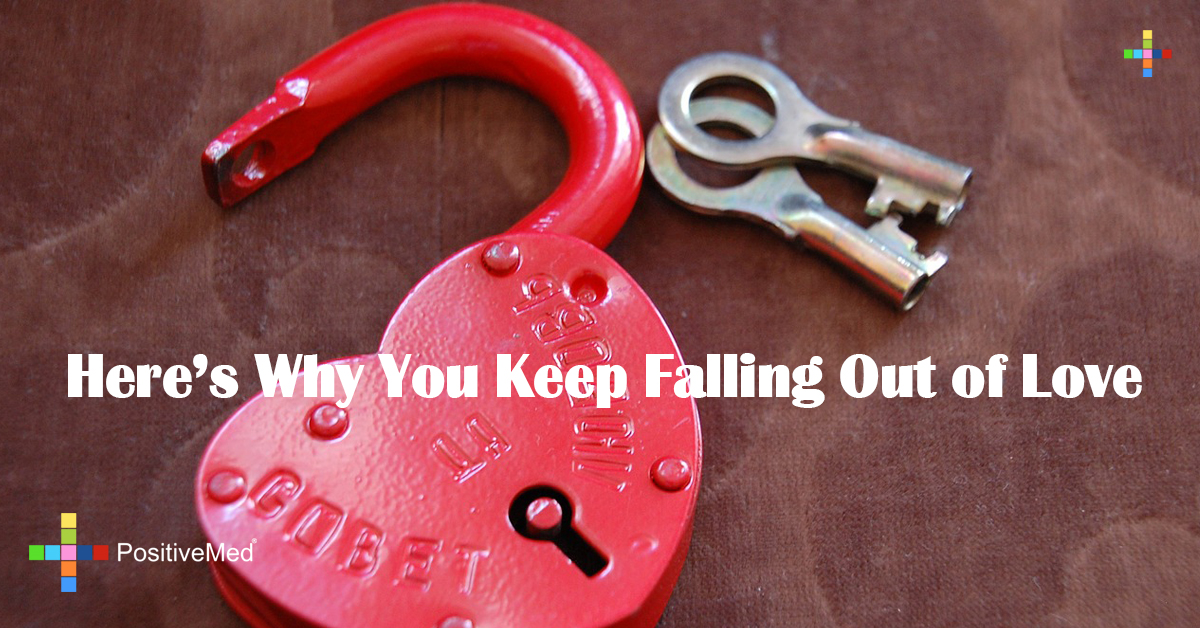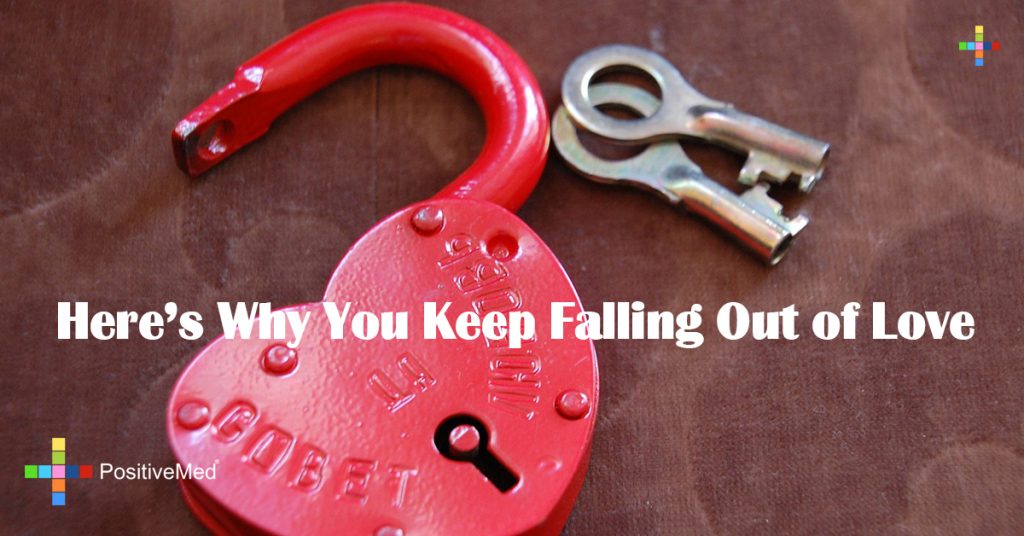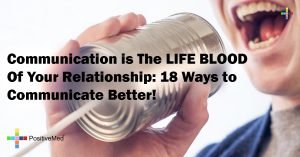
Here’s Why You Keep Falling Out of Love
[nextpage title=”…”]
You meet a great guy. You go on dates, take things at a slow, respectable pace and soon enough you’re official. Things should only be getting better from here, but as time creeps forward, that familiar sinking feeling permeates your gut and nags at the back of your mind. He’s not as cute as you thought he was. His jokes aren’t that funny anymore. You start sending his calls to voicemail and ignoring his texts, dreading the inevitable moment you’ll have to deliver your “We Need to Talk” speech.
If this all sounds familiar, then it’s time to get to the root of the problem. Figuring out why you keep falling out of love is the first step toward finding a solution that will allow you to find the happiness, acceptance and continuous love that eludes you.
Lowered Tolerance
In the beginning of a relationship, we have a lot of patience for our new beaus. Because we are viewing them through rose-colored lenses, we tend to overlook anything they do that may irritate us. However, as months go on, the level of infatuation decreases. At this point in a relationship, couples either enter a deeper form of attachment that we know as love or fall apart. If you find yourself suddenly hating everything your partner does, it could be a matter of no longer being blinded by the initial attraction. If his apologies seem less sincere and you’re no longer as convicted about your idea of a future together, this could actually be a sign that it’s time to move on instead of prolonging the relationship in hopes it will improve.
You No Longer Feel Adored
For many of us, especially those with emotional insecurities, the early stage of a relationship is the best because it’s the time when our love interest pursues us with an intensity that isn’t matched later on. We become accustomed to the ego boost sweet texts, gifts and showers of compliments provide. Once the flames of passion have dulled, we plunge back into a self-critical mindset and desperately crave new attention.
In order to determine whether or not the fault lies in your partner or your own insecurities, it is important to look inwards and assess your level of confidence. If you base your value off others’ opinions, especially your romantic partner’s, it’s very easy to get sucked into the habit of bouncing from one relationship to the next, perpetually caught up in the idea of a potential Happy-Ever-After rather than the reality of a true relationship.
It’s Part of Our Genetic Code
Countless studies have been done on the science of love, but more recently, psychologists and researchers have wanted to unlock the truth behind falling out of it. As revealed in a study published in the Review of General Psychology, human beings may actually be predespositioned to end relationships. Evolutionary psychologists have coined two terms for the process of a relationship ending and they are “primary mate ejection” – in which we actively choose to reject a partner – and “secondary mate ejection” – when one comes to terms with having been rejected.
[/nextpage] [nextpage title=”…”]
The results of fMRI studies showed that falling out of love is much like going through drug withdrawal. What’s most interesting is that the study found men and women’s mate ejections were triggered very differently. Men were much less likely to forgive physical infidelity, while women were more prone to be done with a relationship after emotional unfaithfulness, in which her partner fell in love or was emotionally invested in another woman.
Loss of Trust
Dr. Randi Gunther, a clinical psychologist and marriage psychologist for over 40 years, explained in an article published by The Huffington Post that as couples get to know one another more, they can become less important to one another and unintentionally reveal secrets and sentiments shared in earlier times.
RELATED ARTICLE: 6 Things To Consider Before Complete Break Up With Your Partner
The fears, embarrassing thoughts and painful memories we shared can unintentionally find its way to others. When this happens, trust is broken between partners and we’re no longer able to view them as the confidants they once were, causing us to emotionally close ourselves off.
Boredom
In a post by eHarmony, one the Internet’s most popular dating sites, women revealed the main reasons they fall out of love. One of them was plain boredom. Women complained of being “in a rut” and falling into a monotonous dating routine that left them uninspired and disinterested in their partners. Fortunately, this can be remedied by making an effort to keep your time together fun, trying new things and of course, picking a guy who can turn even a Netflix marathon into an adventure.
Learning the Laws of Love
MindBodyGreen provided some essential love laws that we can consider the next time we’re in a serious relationship. They include understanding that love is something we have to give as much as we want to receive, to always cultivate gratitude and being able to identify the emotional walls we put up due to past relationships and deconstructing them for the right people.
The truth is there’s no magical way to make someone “the one”. Even when we desperately want to love them, our minds may tell us no. As long as we remain emotionally cognizant and ensure our own insecurities, bad memories and other preconceived notions aren’t causing us to craft unfair prejudices against our new suitors, there’s nothing wrong with trusting our gut. In the cases where we know we aren’t the problem, falling out of love can be a good thing, sparing us the pain of an ill-suited match and helping us move closer toward finding the right one.[/nextpage]






